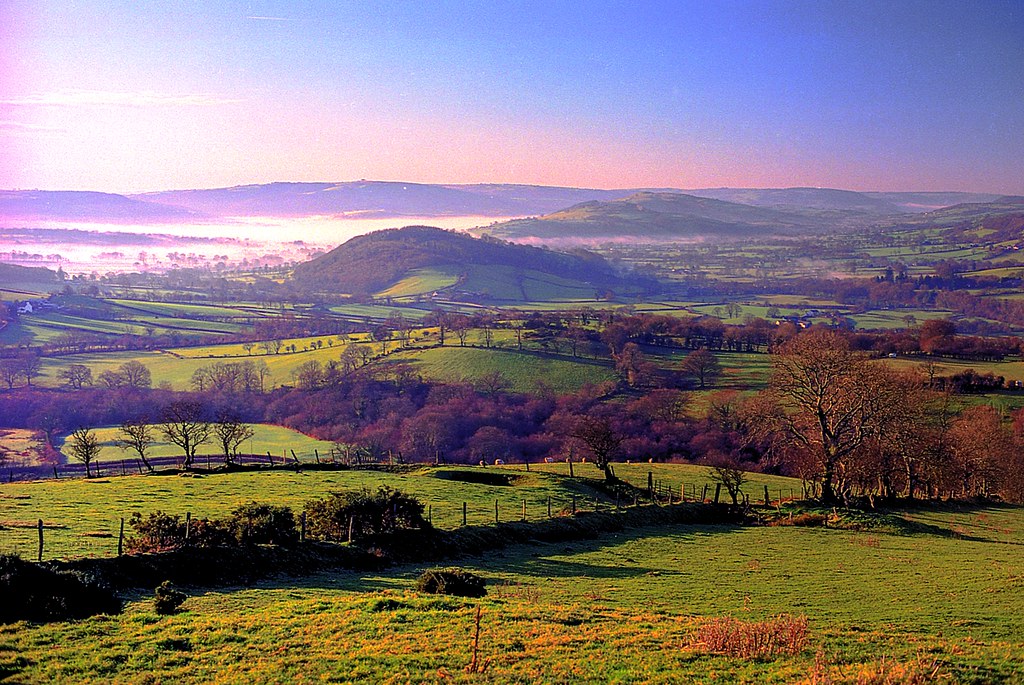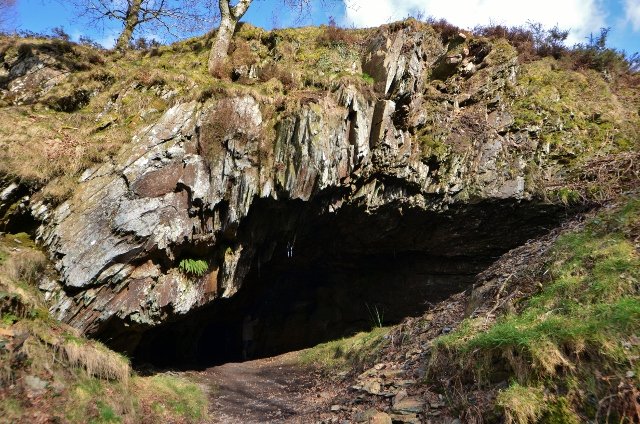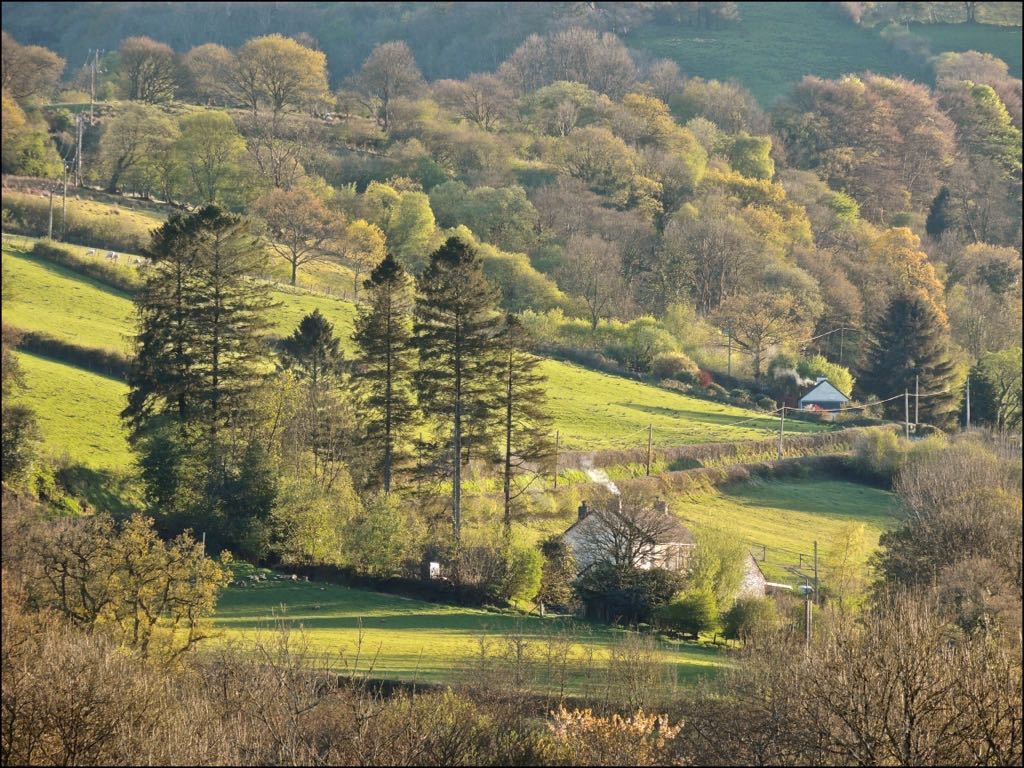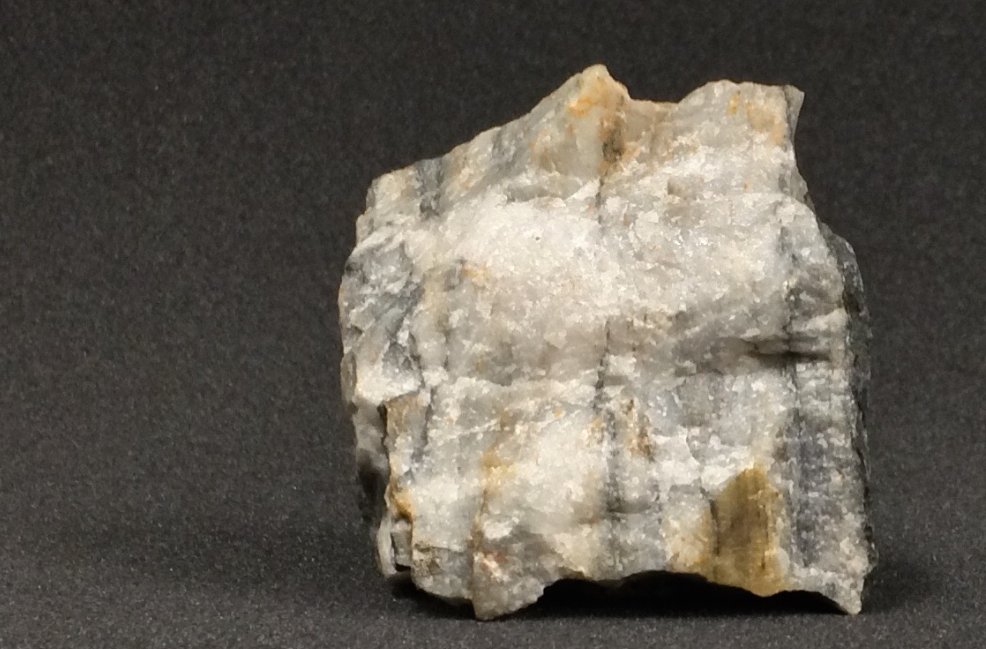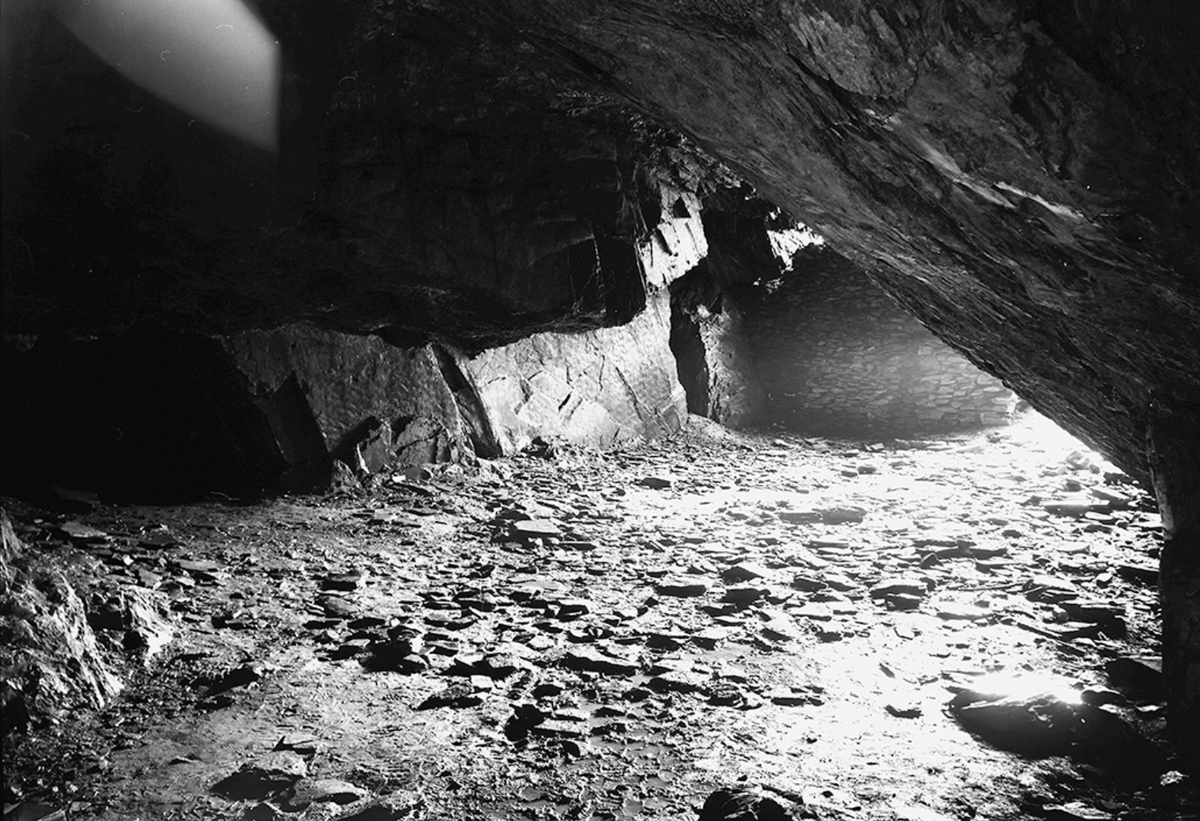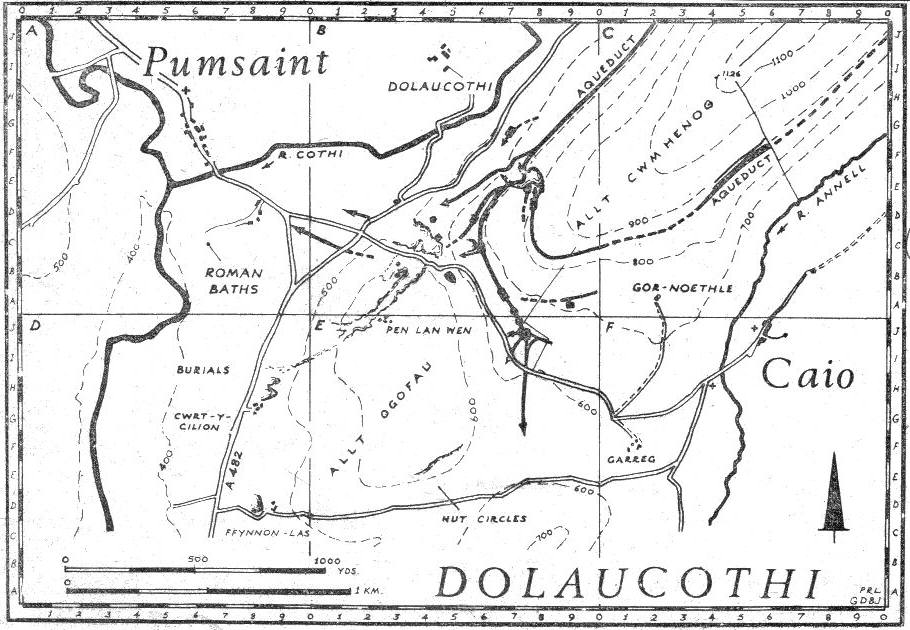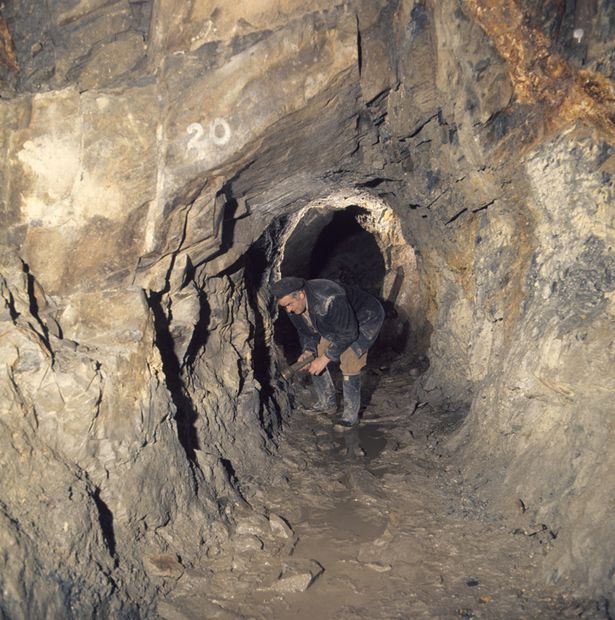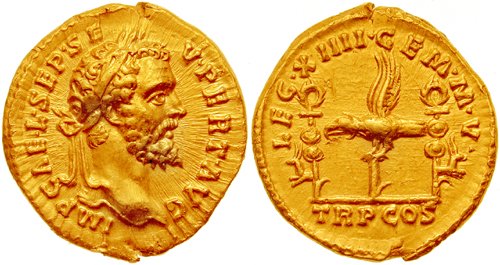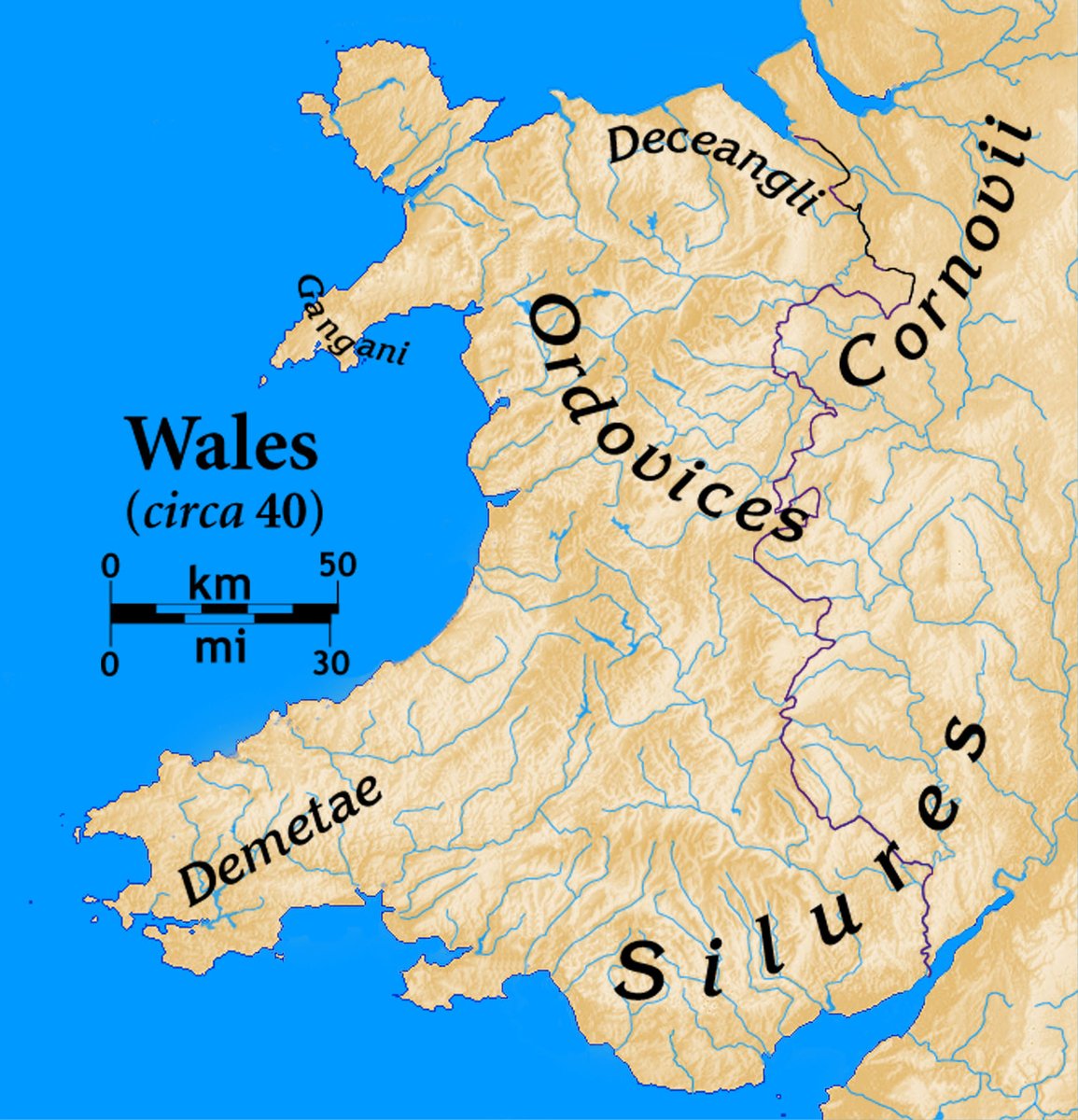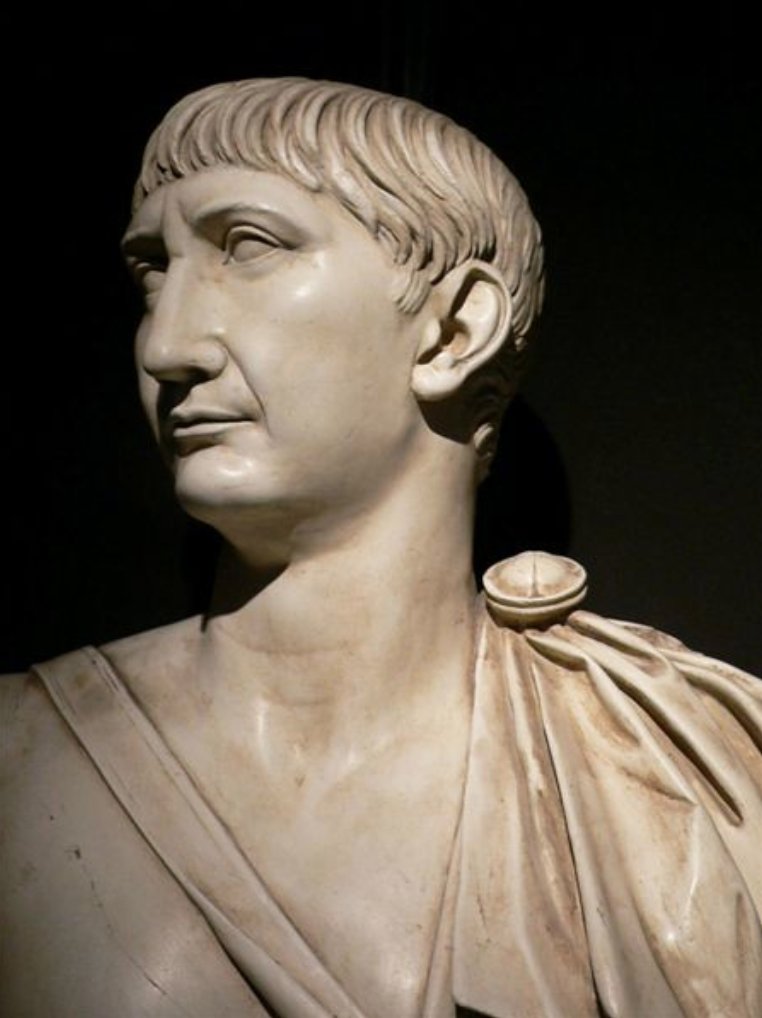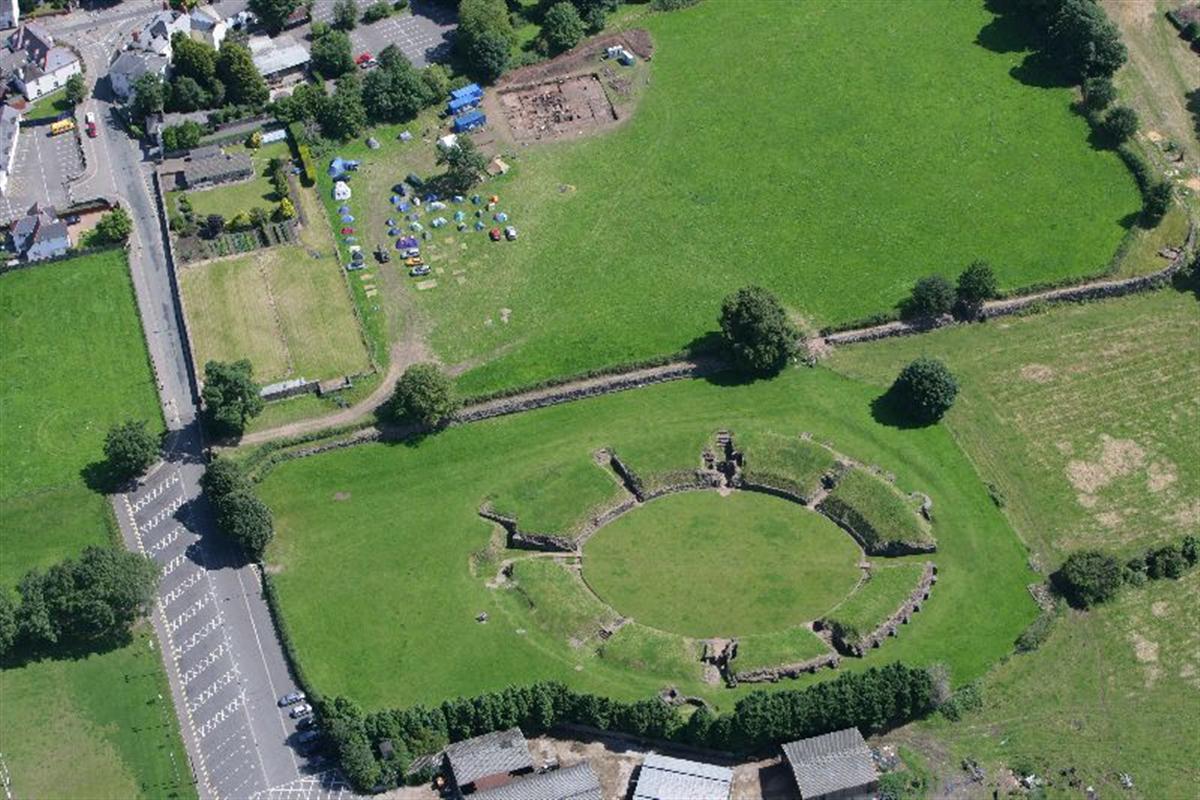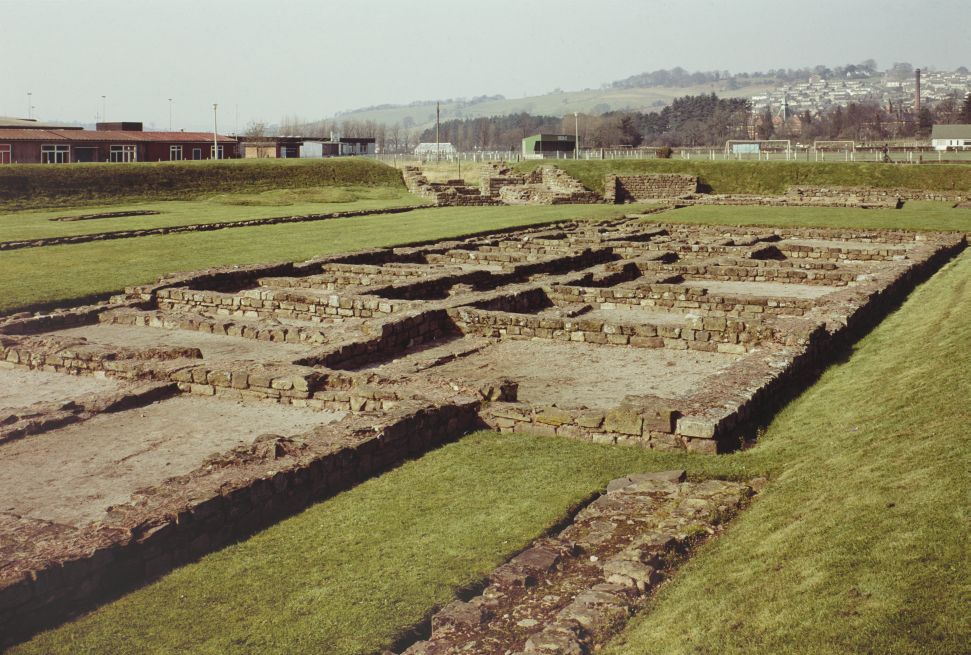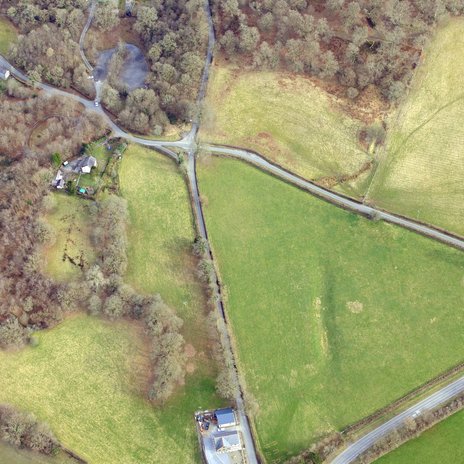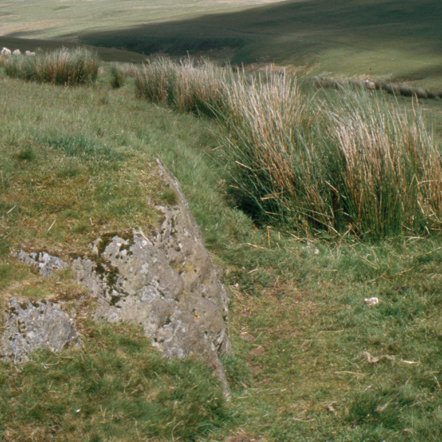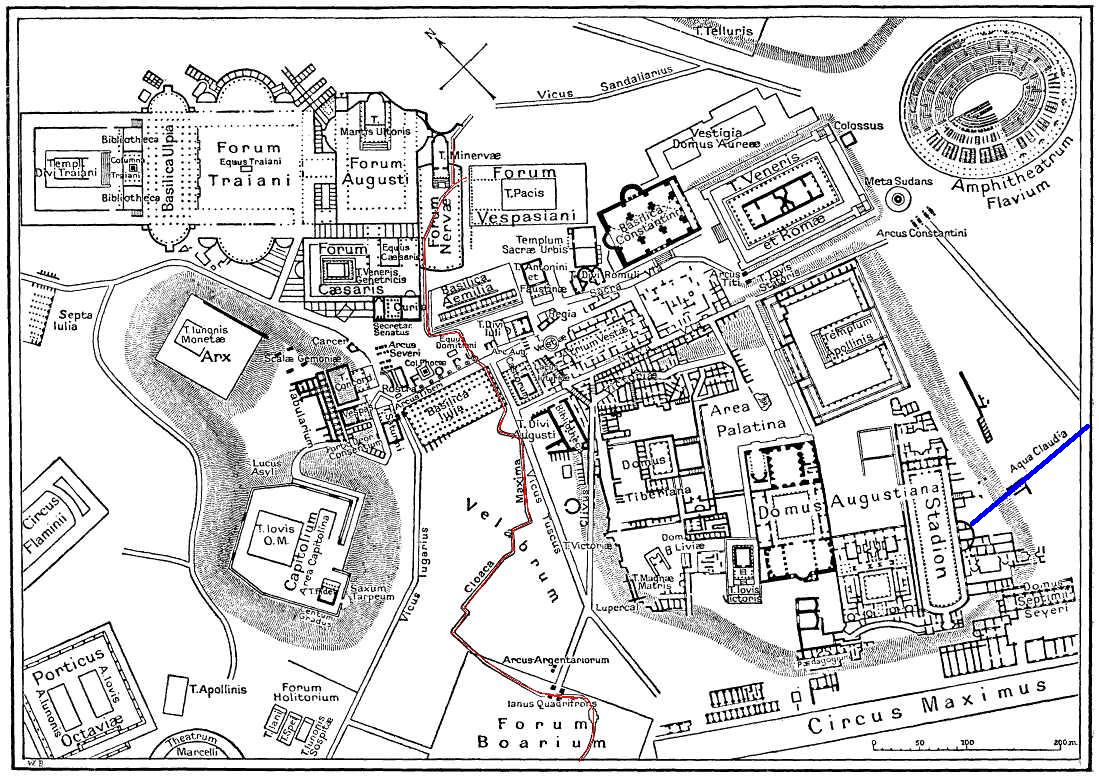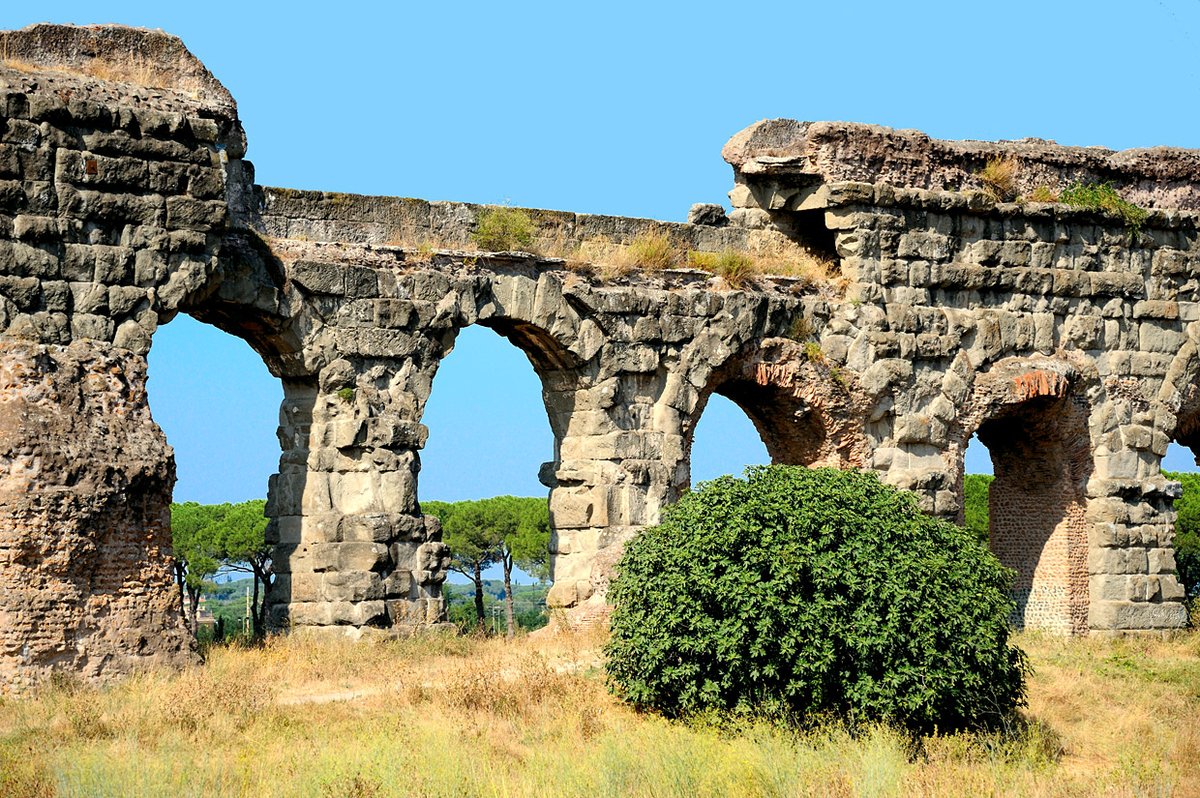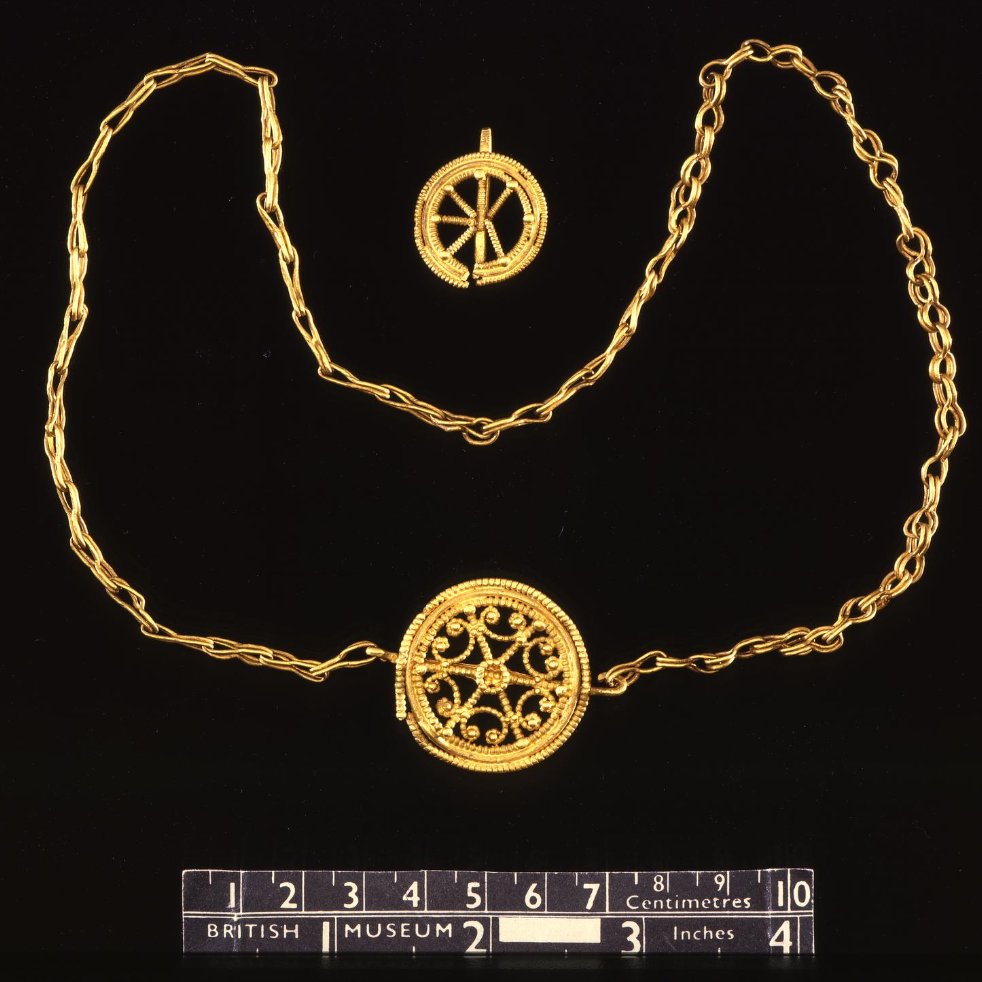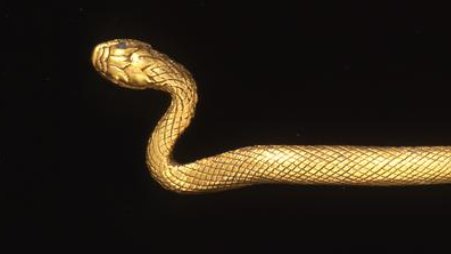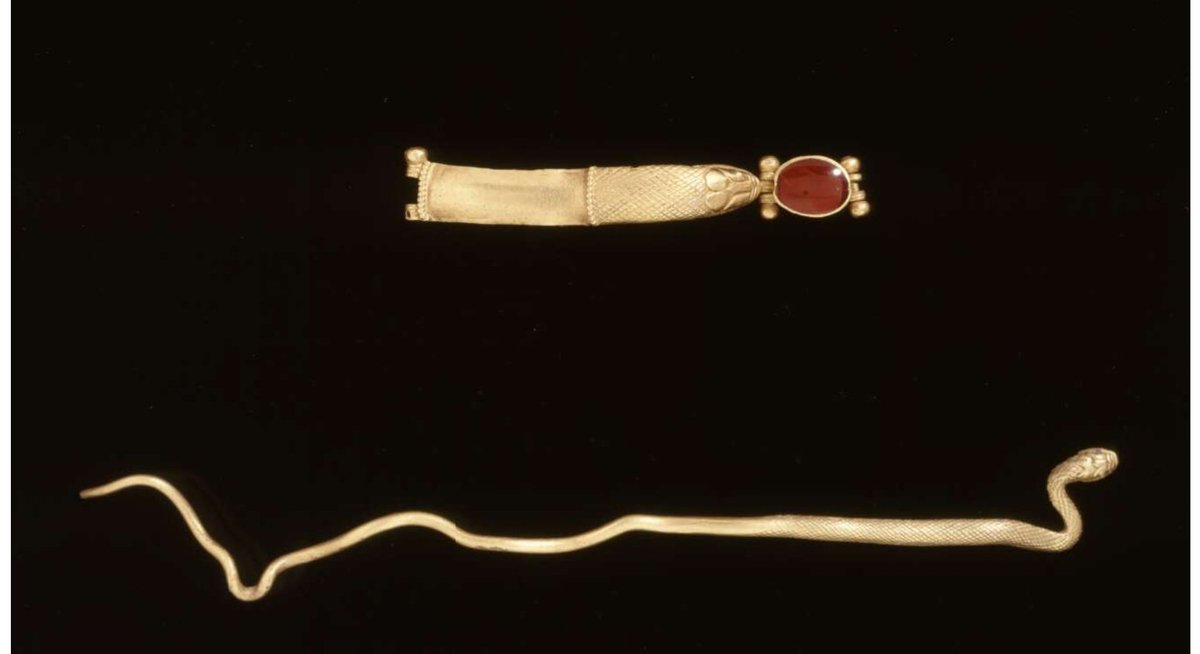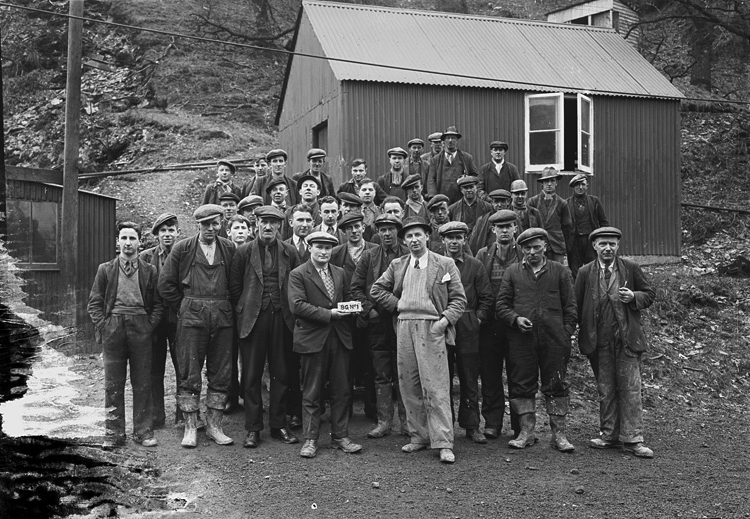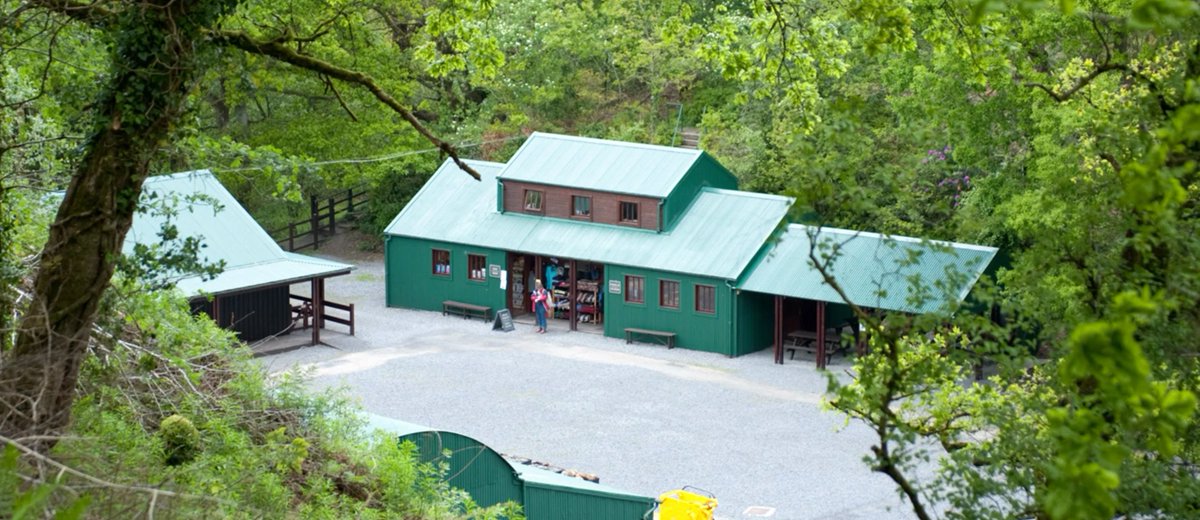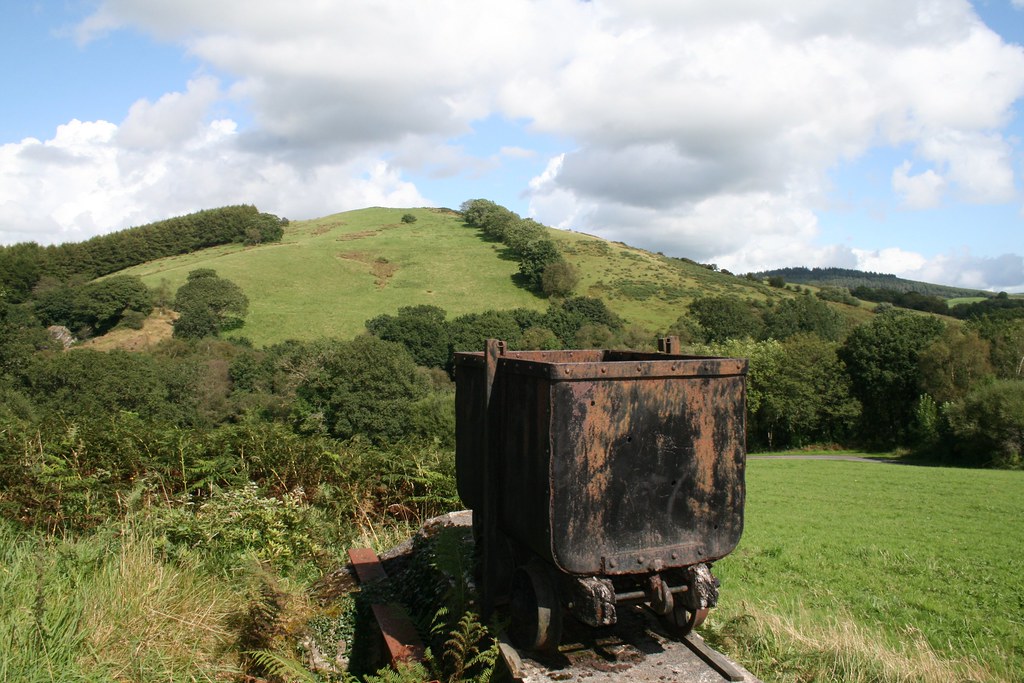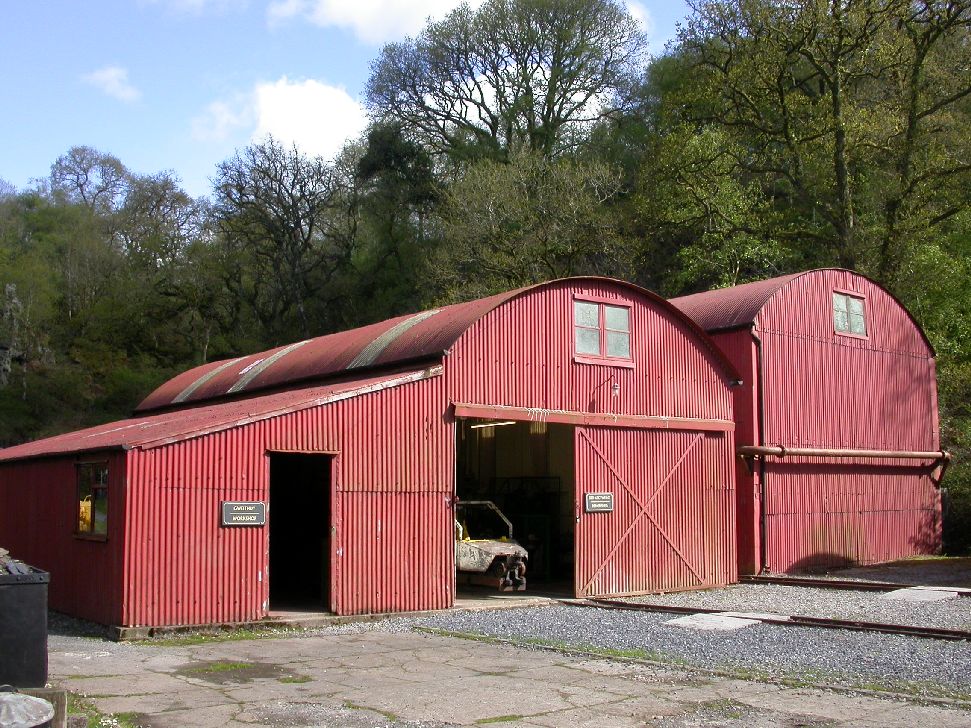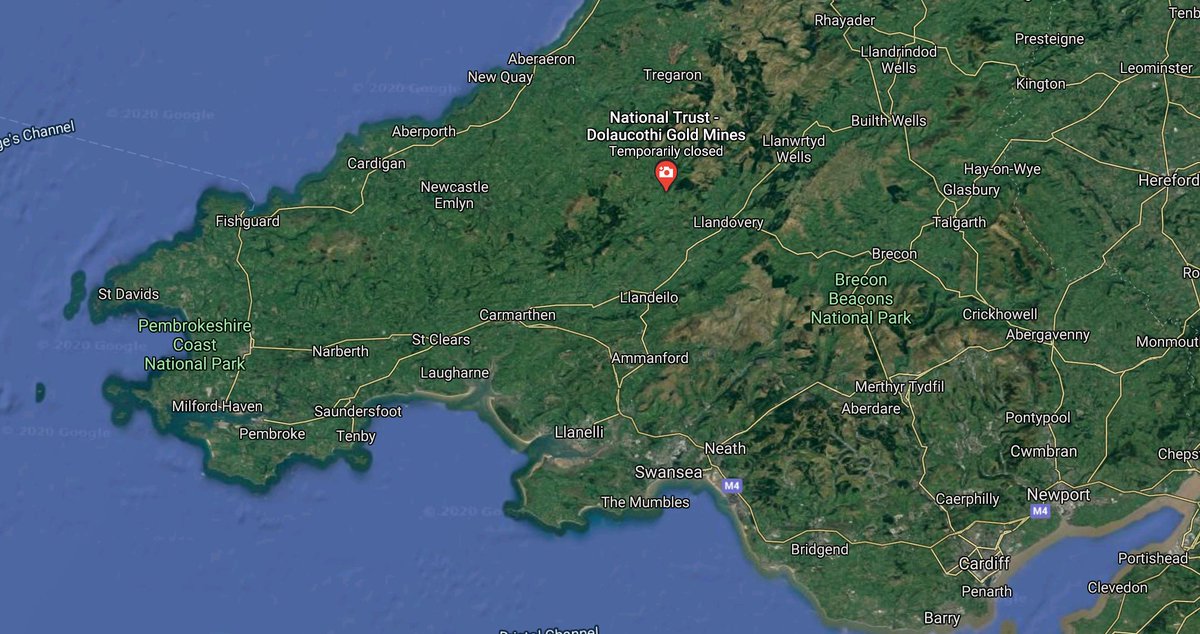At the heart of Carmarthenshire's Cothi Valley lies the engine of Roman Britain's power.
Deep within this wild, green, rocky landscape sits the most advanced ancient mining operation ever discovered in Britain.
Its quest – a precious, lustrous treasure:
Gold.
THREAD
Deep within this wild, green, rocky landscape sits the most advanced ancient mining operation ever discovered in Britain.
Its quest – a precious, lustrous treasure:
Gold.
THREAD

Mwyngloddiau Aur Dolaucothi (Dolaucothi Gold Mines), are a range of surface and underground mines on the banks of the Afon Cothi.
As the only known Roman gold mine in Britain, it was tasked with producing gold bullion for the imperial mints.
As the only known Roman gold mine in Britain, it was tasked with producing gold bullion for the imperial mints.
In 74 AD, Sextus Julius Frontinus subdued Wales' Celtic tribes, establishing Isca Augusta, a major base at Caerleon, along with a network of smaller Roman forts for his auxiliary units.
He began exploiting the gold deposits at Dolaucothi from his fort at nearby Pumsaint.
He began exploiting the gold deposits at Dolaucothi from his fort at nearby Pumsaint.
The site is an example of advanced Roman technology, including an aqueduct (or 'leats') system, moving water from rivers to mines.
Frontinus later restored Rome's aqueducts, and wrote the definitive work on 1st century Roman aqueducts, "De aquaeductu" http://penelope.uchicago.edu/Thayer/E/Roman/Texts/Frontinus/De_Aquis/text*.html
http://penelope.uchicago.edu/Thayer/E/Roman/Texts/Frontinus/De_Aquis/text*.html
Frontinus later restored Rome's aqueducts, and wrote the definitive work on 1st century Roman aqueducts, "De aquaeductu"
 http://penelope.uchicago.edu/Thayer/E/Roman/Texts/Frontinus/De_Aquis/text*.html
http://penelope.uchicago.edu/Thayer/E/Roman/Texts/Frontinus/De_Aquis/text*.html
When the Romans left these islands, Dolaucothi's golden story was lost.
But when a Roman treasure hoard – a brooch, and snake bracelets soft enough to be coiled around the arm – was found, along with an 1844 gold ore discovery, interest was piqued, and mining commenced again.
But when a Roman treasure hoard – a brooch, and snake bracelets soft enough to be coiled around the arm – was found, along with an 1844 gold ore discovery, interest was piqued, and mining commenced again.
Mwyngloddiau Aur Dolaucothi are a Scheduled Ancient Monument.
A heritage mining attraction can be found on site, managed by the National Trust.
More
 https://www.nationaltrust.org.uk/dolaucothi-gold-mines
https://www.nationaltrust.org.uk/dolaucothi-gold-mines
 http://www.dyfedarchaeology.org.uk/HLC/Dolaucothi/area/area243.htm
http://www.dyfedarchaeology.org.uk/HLC/Dolaucothi/area/area243.htm
 https://coflein.gov.uk/en/site/95142/details/dolaucothi-gold-minesogofau-gold-mines
https://coflein.gov.uk/en/site/95142/details/dolaucothi-gold-minesogofau-gold-mines
 https://www.mining-technology.com/features/dragons-hoard-allure-welsh-gold/
https://www.mining-technology.com/features/dragons-hoard-allure-welsh-gold/
A heritage mining attraction can be found on site, managed by the National Trust.
More

 https://www.nationaltrust.org.uk/dolaucothi-gold-mines
https://www.nationaltrust.org.uk/dolaucothi-gold-mines http://www.dyfedarchaeology.org.uk/HLC/Dolaucothi/area/area243.htm
http://www.dyfedarchaeology.org.uk/HLC/Dolaucothi/area/area243.htm https://coflein.gov.uk/en/site/95142/details/dolaucothi-gold-minesogofau-gold-mines
https://coflein.gov.uk/en/site/95142/details/dolaucothi-gold-minesogofau-gold-mines https://www.mining-technology.com/features/dragons-hoard-allure-welsh-gold/
https://www.mining-technology.com/features/dragons-hoard-allure-welsh-gold/
Wales is a country fuelled by its special story.
Britain was once ruled by those who spoke an ancient Welsh.
Through Roman dominion, Anglo-Saxon warfare and English rule, Wales and its old language have endured…
We have secrets. Treasures. Legends.
 http://bit.ly/SecretsOfWales
http://bit.ly/SecretsOfWales
Britain was once ruled by those who spoke an ancient Welsh.
Through Roman dominion, Anglo-Saxon warfare and English rule, Wales and its old language have endured…
We have secrets. Treasures. Legends.
 http://bit.ly/SecretsOfWales
http://bit.ly/SecretsOfWales

 Read on Twitter
Read on Twitter